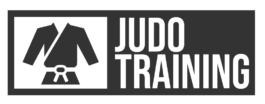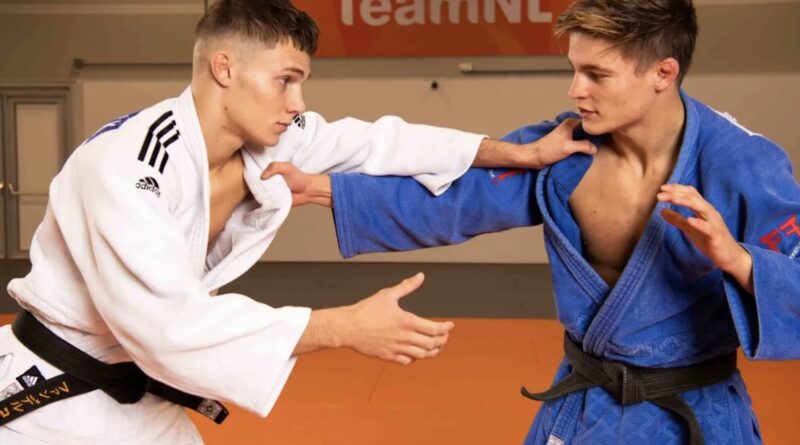Recovery state, perceived training load and mood states during a 7-week competitive training period in judo athletes
Panascì M, Apollaro G, Ouergui I, Franchini E, Bonato M, Piacentini MF, et al. Recovery state, perceived training load and mood states during a 7-week competitive training period in judo athletes. J Sports Med Phys Fitness 2025 Jun 17.

ABSTRACT
BACKGROUND: This study aimed to examine the effects of training period on subjective measures and to investigate the relationship between these measures during a 7-week competitive training period in highly trained judo athletes.
METHODS: Fourteen athletes (mean ± standard deviation, age: 22±3 years) took part in 5 training sessions per week, each lasting 90 minutes, and as the weeks of training progressed, the time spent performing randori (judo-specific training exercise) increased. Before each session, perceived recovery was assessed by the total quality recovery (TQR). After each session, athletes indicated their perceived exertion by the CR-10 Rating of Perceived Exertion (RPE). Mood states were assessed on the last day of each week by the Profile of Mood States (POMS).
RESULTS: TQR in weeks 1 and 2 was higher than that in weeks 3 (P<0.001 and P=0.034, respectively), 5 (P=0.008 and P=0.028, respectively) and 6 (P<0.001). TQR in weeks 3 (P=0.015), 5 (P=0.019), and 6 (P=0.002) significantly reduced than in week 7. RPE in weeks 4 significantly decreased than in week 6 (P=0.009). Significant relationships between TQR and RPE were found in weeks 3 (r=-0.75; P=0.002), 5 (r=-0.94; P<0.001), and 6 (r=-0.66; P=0.01).
CONCLUSIONS: The change in randori time influenced psychological perception, with a greater effect on RPE and TQR. Coaches should monitor regularly these variables and should pay special attention to this training exercise modality in order to adjust the internal training load response desired for a specific moment of the training process.
KEY WORDS: Martial arts; Exercise; Athletes

